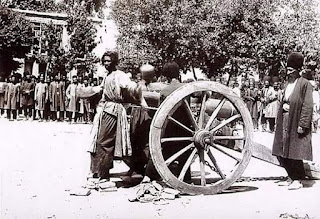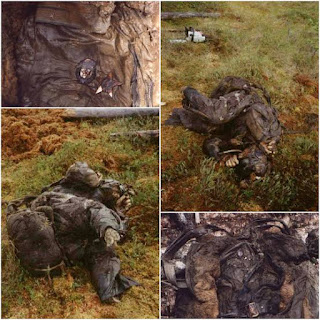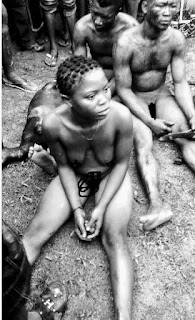In 1993, South African photojournalist Kevin Carter visited Sudan on assignment.
In 1993, South African photojournalist Kevin Carter visited Sudan on assignment.
During his trip, he came across a young girl who had collapsed while trying to reach a United Nations feeding center. A vulture had landed nearby, waiting for the girl to die so it could eat her.
Carter took a photograph of the scene, but waited until the vulture was close enough to get the best shot before chasing it away.
The photograph was eventually published in the New York Times, and people all over the world expressed concern for the girl's well-being.
The newspaper reported that Carter said the girl had recovered enough to continue her journey after the vulture was chased away, but it was unknown whether she made it to the UN food center.
It was later revealed that the girl was actually a boy named Kong Nyong, and he survived the famine and lived for another 14 years.
He ultimately died of a fever, long after Carter had taken his own life due to depression, following the controversy and criticism surrounding the photograph.
Carter won the Pulitzer Prize for the photograph in 1994, but his suicide a few months later only fueled the debate over the ethics of photojournalism.
Carter himself admitted to feeling guilty and emotional after taking the photograph, stating that he "talked to God and cried" before lighting a cigarette.


.jpg)

.jpeg)




.jpeg)

Comments
Post a Comment